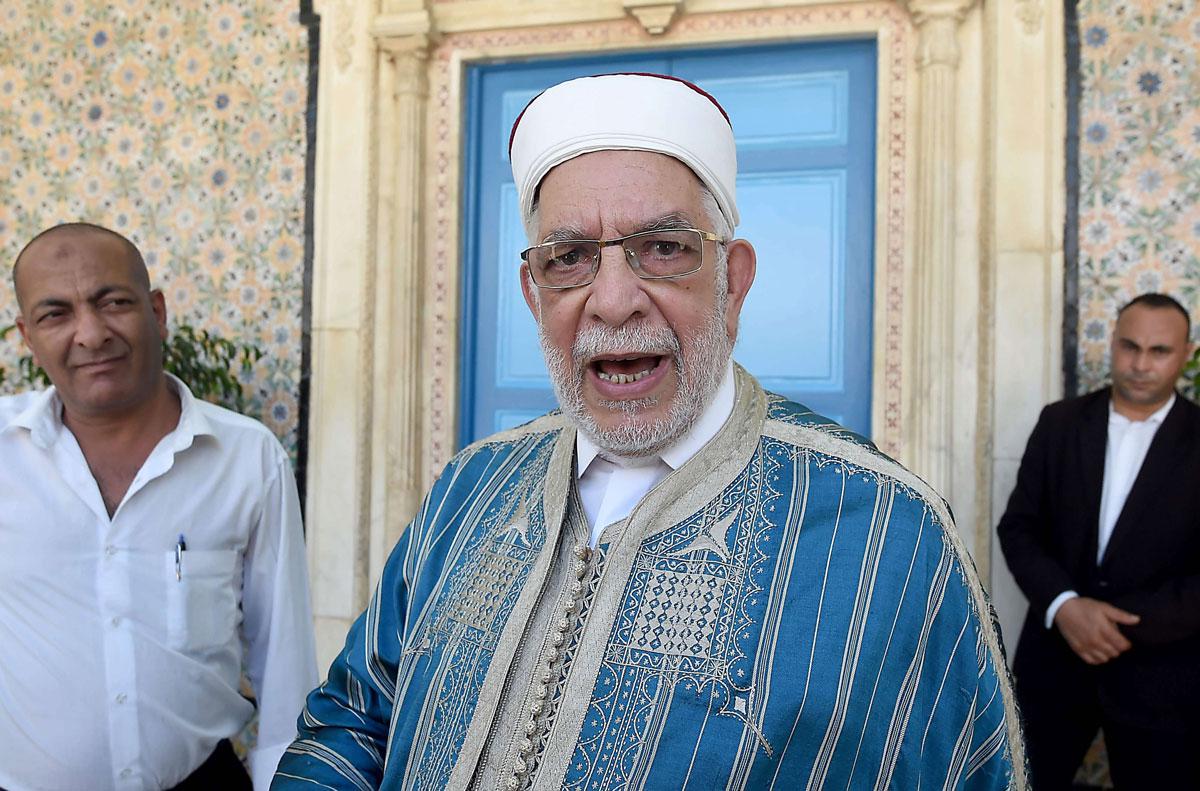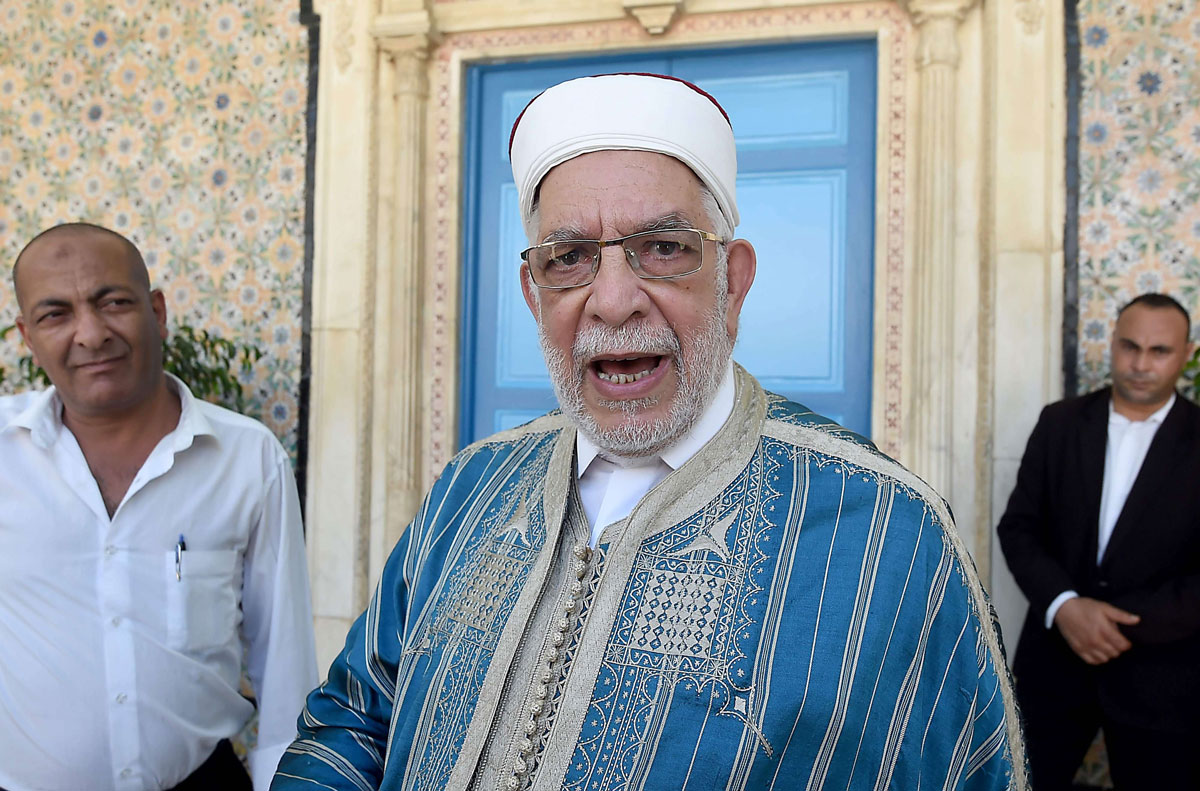More candidates emerge for Tunisia presidential elections
TUNIS - Tunisian Defence Minister Abdelkarim Zbidi submitted his candidacy for a presidential election on Sept. 15 as an independent on Wednesday and said he would resign from government.
Zbidi, 69, who has the support of secular parties including Nidaa Tounes and Afek Tounes, is likely to emerge as one of the frontrunners in the election, which was called early after the death of president Beji Caid Essebsi last month.
Zbidi, a technocrat and medical doctor by training, is considered by many to be above the party politics and infighting that has held back badly-needed economic reforms in Tunisia in recent years.
He looks set to be the most serious rival to Prime Minister Youssef Chahed, who will run as a candidate for the liberal Tahya Tounes Party.
Zbidi served as defence minister after Ben Ali was overthrown until March 2013, when he quit a cabinet led by the Islamist Ennahda party. In 2017, Chahed re-appointed Zbidi as defence minister.
Ennahda also announced a presidential candidate for the first time Wednesday.
"The party's advisory council has voted by a majority of 98 votes in favour of Abdelfattah Mourou's candidacy at the presidential election," Ennahdha said in a statement.
Mourou, 71, was appointed interim parliamentary speaker following the death last month of president Beji Caid Essebsi.
The Ennahdha politician had previously served as the deputy speaker, and changed roles after the then parliamentary head Mohamed Ennaceur stepped up as interim president.
The party's announcement marks "the first time in its history that the movement puts forward a candidate for the presidential elections," spokesman Imed Khmiri said.
Ennahdha won the first polls after the 2011 uprising which ousted autocratic president Zine El Abidine Ben Ali, and is currently the largest party in parliament.
Mourou is known as a moderate and is one of the founding members of Ennahdha, which was launched in 1981.
Presidential hopefuls have until August 9 to register, ahead of the election on September 15.
So far 28 people have submitted their candidacy to the electoral commission. Other candidates include liberal former prime minister Mehdi Jomaa and Moncef Marzouki, who served as interim president for three years after 2011, and media magnate Nabil Karoui.
Karoui was charged with money laundering in July, after stating his intention to stand in the polls. He is a fierce rival of Chahed.
They have been joined in the race by Abir Moussi, who heads a group formed from the remnants of Ben Ali's ruling party.
She has called for the exclusion of Islamists, including Ennahdha.
Tunisia was where the Arab Spring protests that swept the Middle East and North Africa in 2011 began, and the only country where the uprising was followed by a peaceful transition to democracy. Nevertheless it remains mired in a severe economic crisis that has fueled social discontent.
Tunisia's president controls foreign and defence policy, governing alongside a prime minister chosen by parliament who has authority over domestic affairs.


